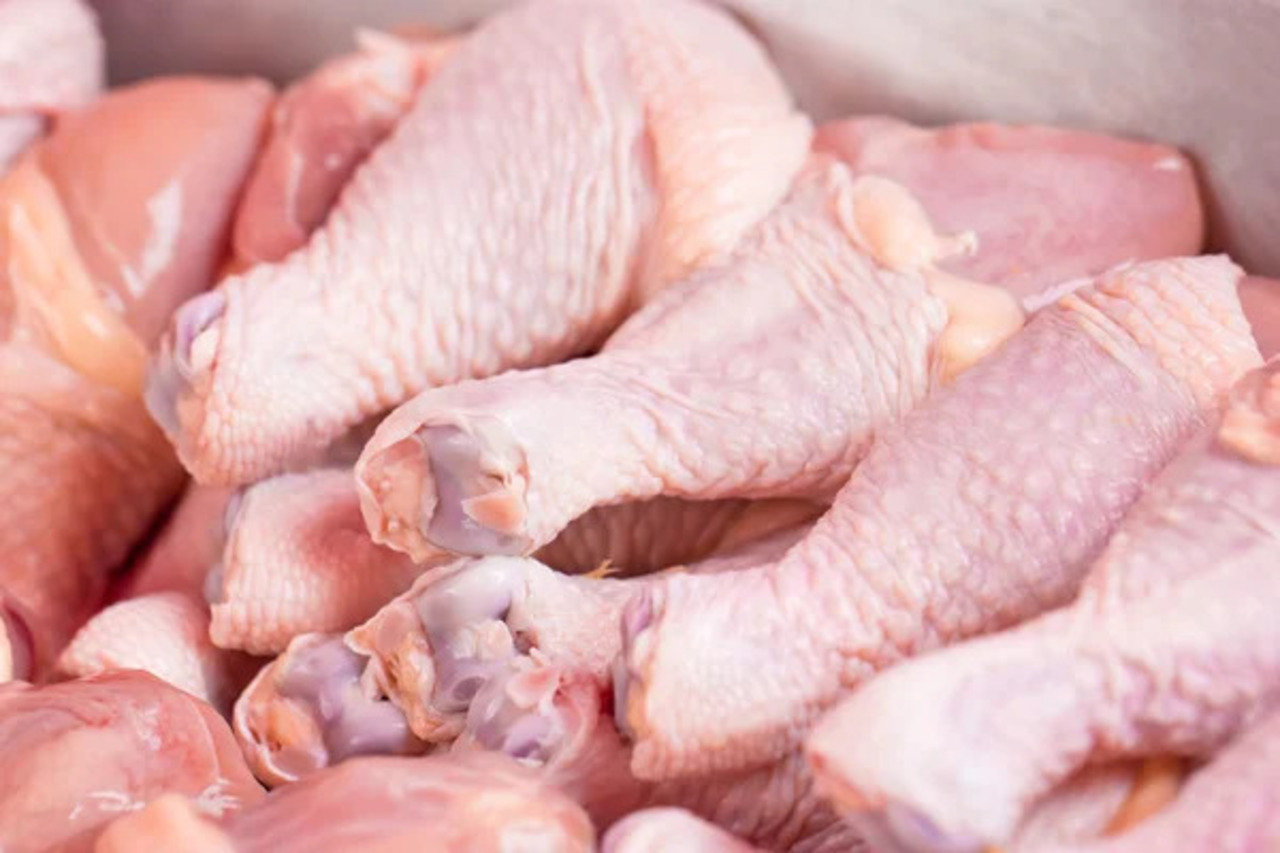
Why did the WHO classify processed meats as carcinogenic
The World Health Organization (WHO), through the International Agency for Research on Cancer (IARC), classified processed meats as carcinogenic to humans
The World Health Organization (WHO), through the International Agency for Research on Cancer (IARC), classified processed meats as carcinogenic to humans (Group 1), based on evidence that consuming these products is associated with an increased risk of developing cancer, particularly colorectal cancer.
Here are some of the reasons why the WHO reached this conclusion:
1. Presence of nitrites and nitrates:
Processed meats often contain nitrites and nitrates used as preservatives to improve color and extend shelf life. These compounds can turn into nitrosamines during cooking or digestion, which have been linked to the formation of cancer cells, mainly in the colon and stomach.
2. Formation of carcinogenic compounds during processing:
The processing of meats (smoking, salting, curing, or fermentation) can produce substances such as heterocyclic amines (HCAs) and polycyclic aromatic hydrocarbons (PAHs). These substances form when meats are exposed to high temperatures, such as grilling or frying. These compounds have been shown to be carcinogenic in experimental studies.
3. Inflammation and oxidative stress:
High consumption of processed meats can promote chronic inflammation and oxidative stress in the body, which can damage DNA and increase the risk of cellular mutations leading to cancer.
4. Epidemiological evidence:
The WHO’s classification is based on numerous epidemiological studies that consistently show a correlation between frequent consumption of processed meats and an increased risk of colorectal cancer. For example, a meta-analysis conducted by the IARC concluded that each 50-gram portion of processed meat consumed daily increases the risk of colorectal cancer by 18%.
5. High content of saturated fats and cholesterol:
Although the WHO mainly focuses on the chemical compounds formed during meat processing, it also mentions that the high content of saturated fats in processed meats can contribute to systemic inflammation, which creates a favorable environment for cancer development.
The WHO’s recommendation is not to eliminate processed meat consumption entirely but to moderate intake to reduce the risk. Additionally, a diet rich in fruits, vegetables, and fiber is suggested as a protective measure against cancer.











LEAVE A COMMENT:
Join the discussion! Leave a comment.